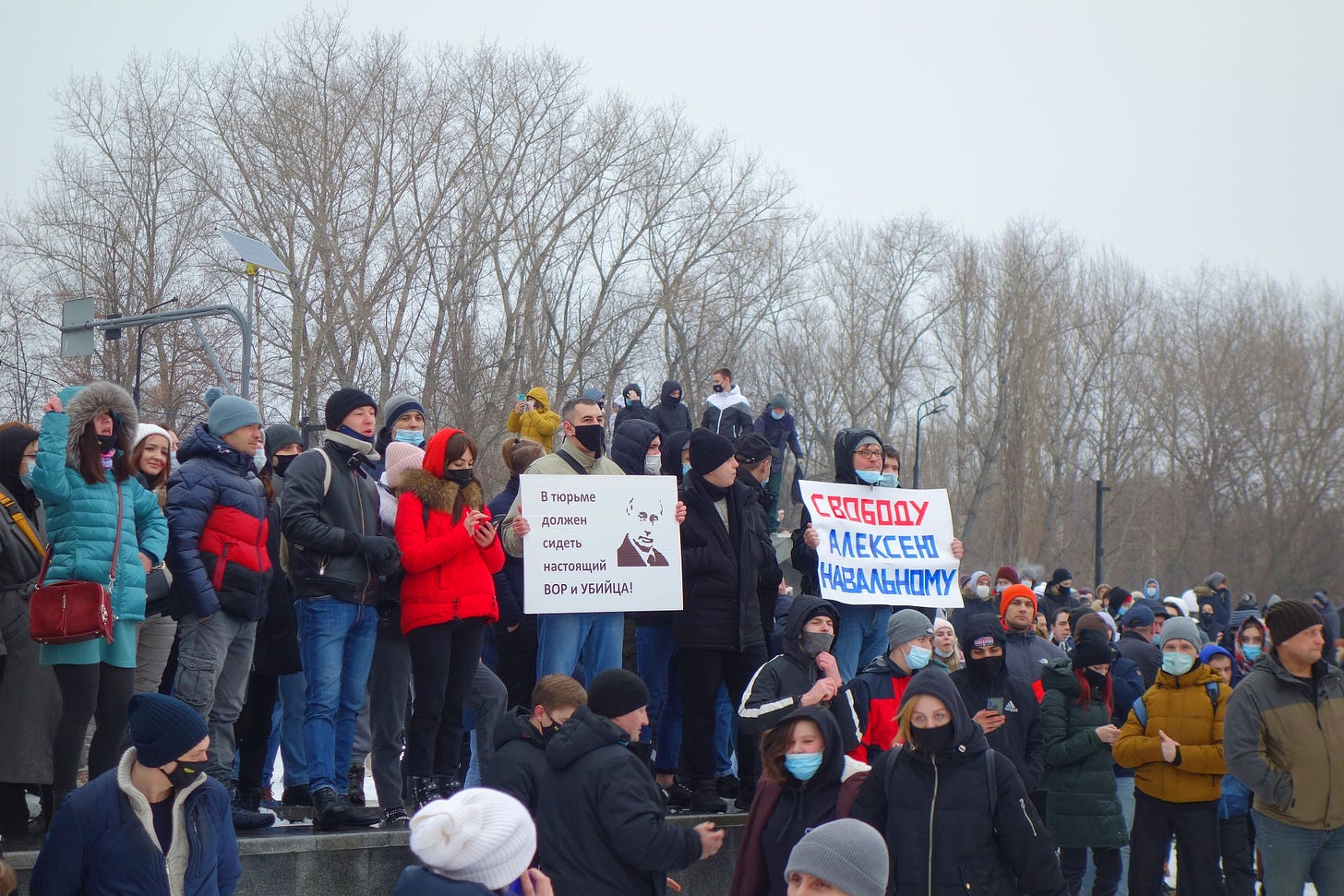Welcome to Just Two Things, which I try to publish daily, five days a week. Some links may also appear on my blog from time to time. Links to the main articles are in cross-heads as well as the story.
In the evenings, Lydia Paar’s second job involves training a chat bot. Her bot, nicknamed ‘Carey’ for the purposes of the article, and for compliance with an NDA, is learning how to deal with customer queries on a chat service. And it is quite good at it:
She doesn’t sleep, have a body, or get paid, but she has other human qualities: a veneer of gender, an affinity for exclamation points, and a memory far better than mine. She answers client questions by chat at a speed I’d be unable to mimic, which is why she was created.
This is a long reflection on work, and debt, and second jobs, on on being just on the margins of the middle class in one of America’s more violent cities. But it’s also insightful about the way that workers in unpromising jobs hang together to help each other out. In this world, rather than seeing Carey as waiting on the sidelines to take the second job her modest middle-class lifestyle depends on, she sees the bot as part of her work community:
My fellow bot-trainers and I appreciate that Carey shields us from ill-mannered humans, and we wish we could return the favor. Our community posting board brims with anecdotes about how poorly some of the human clients behave: we poke fun at them, mock their entitled attitudes and myriad spelling errors, let off our own steam. But we’re all in this scenario together: our company can’t completely substitute me for Carey, or Carey for a trainer like me. And we, all parties involved, need the clients—even the crabby ones—for our daily bread. So, we’ll negotiate all our needs together, in rotating four- to five-hour shifts, twenty-four hours a day, seven days a week, every single day of the year.
#2: The cracks around the edges of Putin’s Russia
(Protests in Lipietsk, January 2021. Image: Rave, CC BY-SA 4.0, via Wikimedia Commons)
Like others, I have been watching the protests in Russia since Alexander Navalny returned from Russia and was jailed, and wondering what the impact was likely to be. In an article on Social Europe, Nina Khruscheva’s assessment is: not much.
On Putin’s side of the equation, “Putin’s regime is neither teetering nor tottering.” He has spent two decades building up a commanding police state. Navalny’s trial and jailing on his return to Moscow was utterly cynical. He was accused of breaching his probation conditions by going to Germany for medical care after his state-sanctioned poisoning. Putin has been ruthless in cracking down on protestors, rounding up thousands even when there was no space to house them once they have been arrested.
At the same time, Navalny is the most charismatic opposition leader to emerge in several decades. And despite his problematic past, he has been consistent in campaigning against corruption, which has clearly touched a nerve. “While Russians expect their leaders to be corrupt, Navalny consistently puts into perspective the scale of the riches that corruption generates,” as in the recent “Putin’s Palace” video. Some cities have seen protests for the first time. Open Democracy has an interesting account of interviews with protestors who turned up for the January demonstrations in Moscow.
But it’s possible—says Khruscheva, who is Khruschev’s great-granddaughter—that the threat to Putin comes not from protests but from other members of the corrupt elite. Sanctions mean that they are unable to enjoy their riches:
Since the annexation of Crimea, western sanctions have been choking Russia’s economy, fuelling resentment among the country’s political elites, who long for access to their Swiss bank accounts and Italian villas. They may now seek to oust Putin, much in the same way Nikita Khrushchev was ousted in 1964.
In this, they may be helped by a slow unravelling of Putin’s project, according to a post on the New Left Review’s Sidecar blog:
The lack of social prospects, the pandemic-fuelled decline in living standards, and the frustration with an irremovable and unaccountable political regime will continue to dilute Putin’s support over the coming years. This will create a new political configuration in which the current system of ‘managed democracy’ may become untenable.
And Khruscheva points to intriguing sign of this possibility: “the emergence of mystics and proselytizers,” as they have in previous times of unrest in the country:
Grigori Rasputin, a self-proclaimed holy man, helped to drive the rotting imperial monarchy into the ground. In the 1980s, when the Soviet empire was beyond reform, TV psychiatrists were all the rage. Today, political shamans of all stripes—from communist to nationalist—are rising to prominence. They predict Putin’s imminent death, warn of a western or Chinese takeover and speculate that Navalny is a project of Russia’s security services that got out of hand.
j2t#039
If you are enjoying Just Two Things, please do send it on to a friend or colleague.



